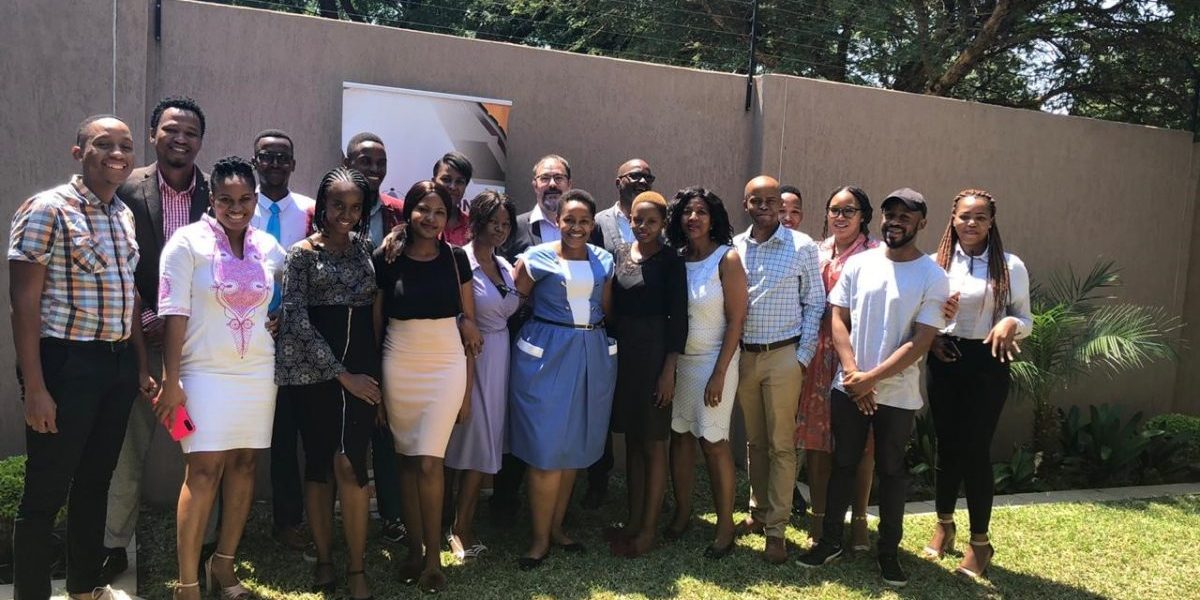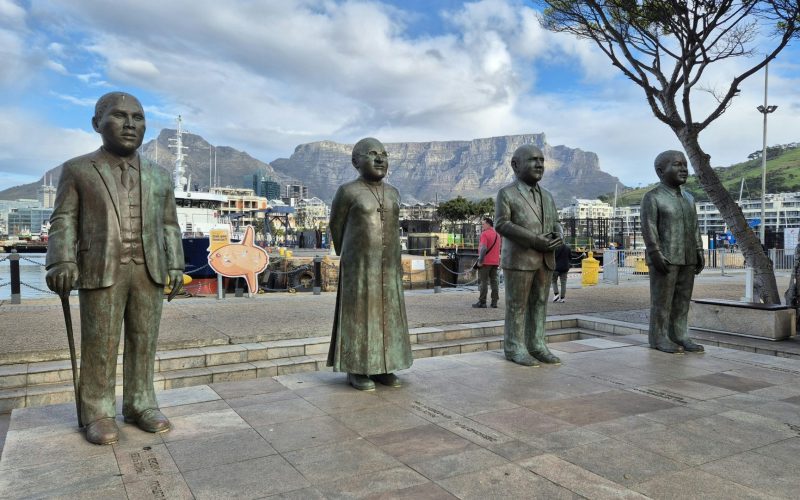Last week in Gaborone, civil society began to get to grips with the APRM, and prepare themselves for active, meaningful participation in Botswana’s domestic APRM process.
An information workshop on the APRM for 20 Botswana civil society organisations (CSOs) was held at the Regent Hotel on 10 March 2020. It was organised to kick off the Botswana APRM Popular Sensitisation (BAPS) Project, being run jointly by the Botswana Council for Non-Governmental Organisations (BOCONGO) and the Johannesburg-based South African Institute of International Affairs (SAIIA).
BOCONGO board member Robert Letsatsi – who also runs Botswana Watch – urged everyone to take the APRM seriously because it deals with one of the most crippling factors within African countries, namely poor governance.
Essentially, a multi-stakeholder National Governing Council, guided by a standard questionnaire, puts together a self-assessment across the gamut of governance issues, from human rights and electoral systems to health, education and corporate governance. Botswana will then welcome a Country Review Mission comprised of African governance experts who will test the self-assessment’s assertions. Eventually, President Mokgweetsi Masisi will be “peer reviewed” by defending the country’s review report before his fellow heads of state, and commit to remedying governance deficiencies in a National Programme of Action. To date, 40 African countries have voluntarily joined the APRM, and 23 have been peer reviewed.
Civil society working group set up
At the workshop, participants agreed to establish a Civil Society APRM Working Group, and to reach out to other CSOs. The BAPS project will produce a written civil society submission on around a dozen key governance issues by the end of 2020. This submission will be fed into the self-assessment process and sent to the continental APRM bodies. SAIIA oversaw a similar process in Namibia in 2018, and Nhlakanipho Zikalala from SAIIA gave a presentation on lessons that can be learned from Namibia’s APRM process.
During discussions, Pusetso Morapedi from the Botswana Center for Public Integrity commented that she understands the APRM to be a mechanism that reminds people that governance solutions can have a bottom-up approach, in that it is not only the task of the government to deal with issues of governance. CSOs can have a positive impact when deciding on appropriate measures to tackle governance issues.
Dorothy Okatch from Young1ove applauded the APRM as a necessary tool for depoliticising social and economic issues. This point was based on the notion that criticising existing government programmes has over the years resulted in being labelled as unpatriotic or speaking against the government. Therefore, the APRM is an opportunity for civil society to voice its own concerns as a collective body, which makes it hard to label one person or NGO as being unpatriotic.
Tefo Phatshwane from the Media Institute of Southern Africa (MISA) stressed that he is concerned about the lack of established enforcement mechanisms for countries that have failed to deliver on their commitments enshrined. He pointed out that in many African countries, including Botswana, there is an implementation deficit.
Morapedi closed the session with complimentary remarks to SAIIA and BOCONGO as well as to everyone who attended the workshop. She reminded everyone to continue the momentum as this is one of a few opportunities to hold the government accountable at a domestic level and at the continental level.
During the trip, meetings were also held with government officials and development partners. Radio interviews were broadcast on Duma FM and Gabz FM.
The Civil Society APRM Working Group is eagerly anticipating the arrival of the continental APRM Secretariat’s mission to Gaborone from 8-9 April 2020. The next workshop for BAPS is scheduled to be held from 12-13 May 2020.
To become involved in the APRM, email Maiphelo Phale at BOCONGO, mphale@bocongo.org.bw







